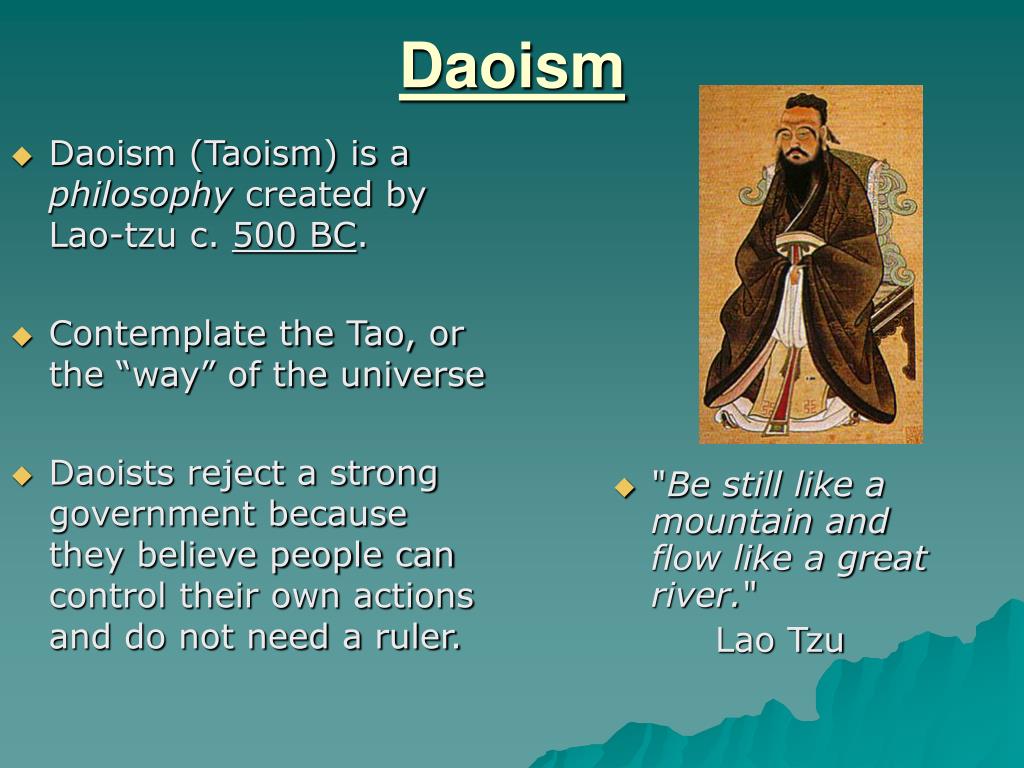We tend to think of delusions as factually inaccurate. However, we don’t often consider how, by invalidating them, we also undermine the agency of those who hold them. This is a mistake, argues philosopher Lisa Bortolotti. If we examine the content of our delusions against the environment which influenced them, they reveal the very ways humans engage in active meaning-making, the ultimate mark of human agency. How do we tell science from pseudoscience? When is a drawing art? What makes a novel a classic? The quickest way to answer these types of demarcation questions is to do so based on people’s reactions. Scientists are given authority and credibility, charlatans are not. Leonardo da Vinci’s drawings are admired at the National Gallery; my scribbles end up in the bin at the end of the day. If readers still appreciate a book a hundred years after it was written, then it means that the book stood the test of time….
Read the full article which is published on IAI TV (external link)






